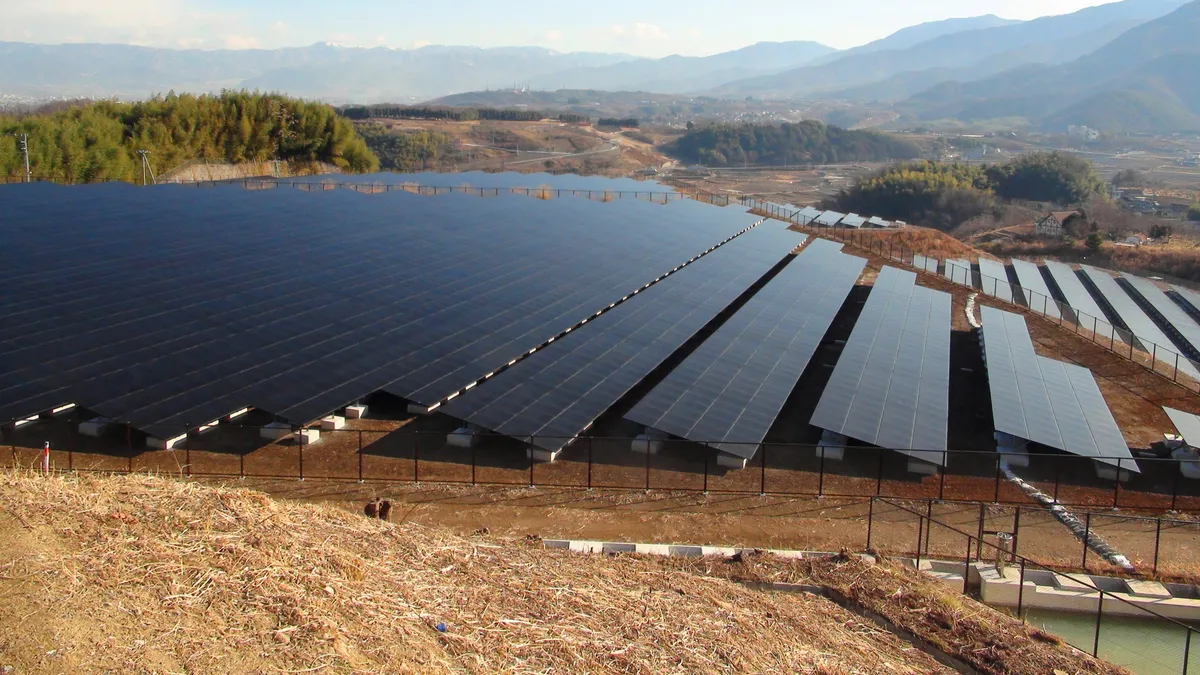Dive Brief:
- The head of the Arizona Corporation Commission, Doug Little, wants to double the amount of renewable energy utilities in the state are required to serve customers, from 15% by 2025 to 30% by 2030, according to a letter obtained by Utility Dive.
- The proposal would also remove a requirement that 30% of the renewable generation come from distributed resources, like rooftop solar.
- The push to add more renewables comes as the state is already investigating the value of solar resources, an inquiry which is set to end in October.
Dive Insight:
ACC Chairman Doug Little on Monday proposed requiring utilities to develop more renewable resources, a move supporters said was overdue. But according to The Arizona Republic, the move is likely to set off controversy because it removes a carve-out that required almost a third of renewable energy come from distributed resources, but bumping up the RPS appears to have gain some support form the sector.
“At this point I don’t see any benefit to maintaining those carve-outs,” the paper quoted Little saying on Monday. “SolarCity’s market cap is like $2.3 billion. They are not a little company anymore. The solar-rooftop industry is not a small industry anymore.”
But that is likely to draw complaints from solar developers who say requiring distributed resources ensures a diverse ownership of utility resources. The state is already digging into the value of solar and could issue findings in November that would alter the state's renewable landscape and net metering laws.
The utility is trying to avoid setting off even more controversy—like seen in Nevada when the state cut solar rates—as it faces rate proposals that would cut solar remuneration.
A recent decision on UniSource Energy Services' rate proposal included an alternative to net metering, but the ACC delayed a decision on remuneration until after the value of solar proceeding is complete.
During the hearings, Commissioner Andy Tobin said the state wanted to avoid Nevada's problems, where solar developers abandoned the state after net metering rates were lowered. “We’re going to find a good policy compromise along the way," he said during the UniSource hearings.















